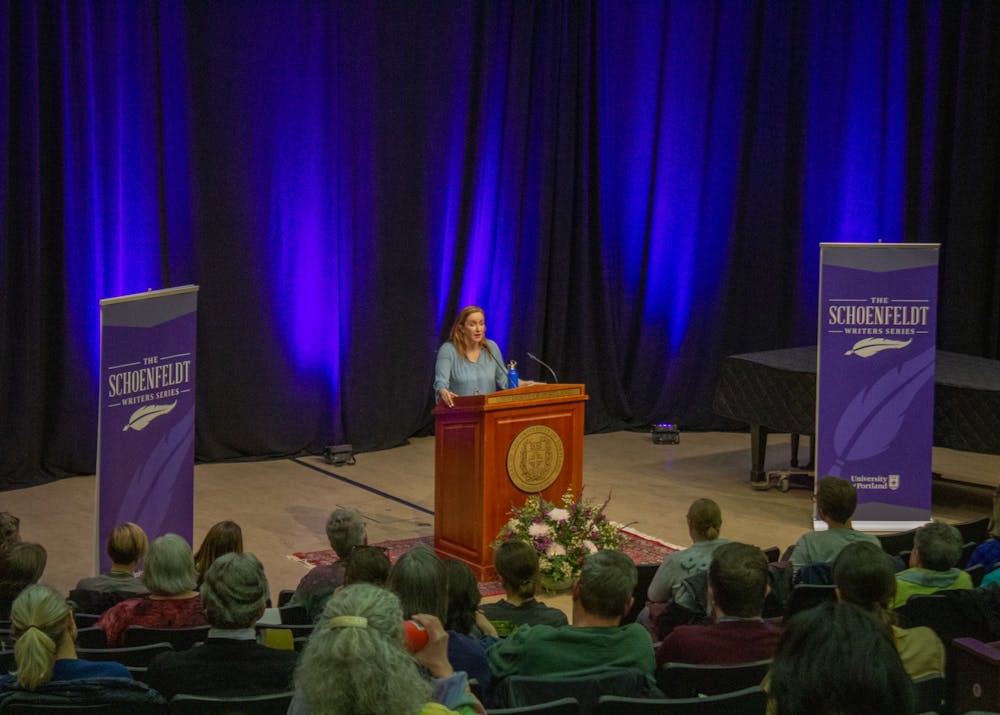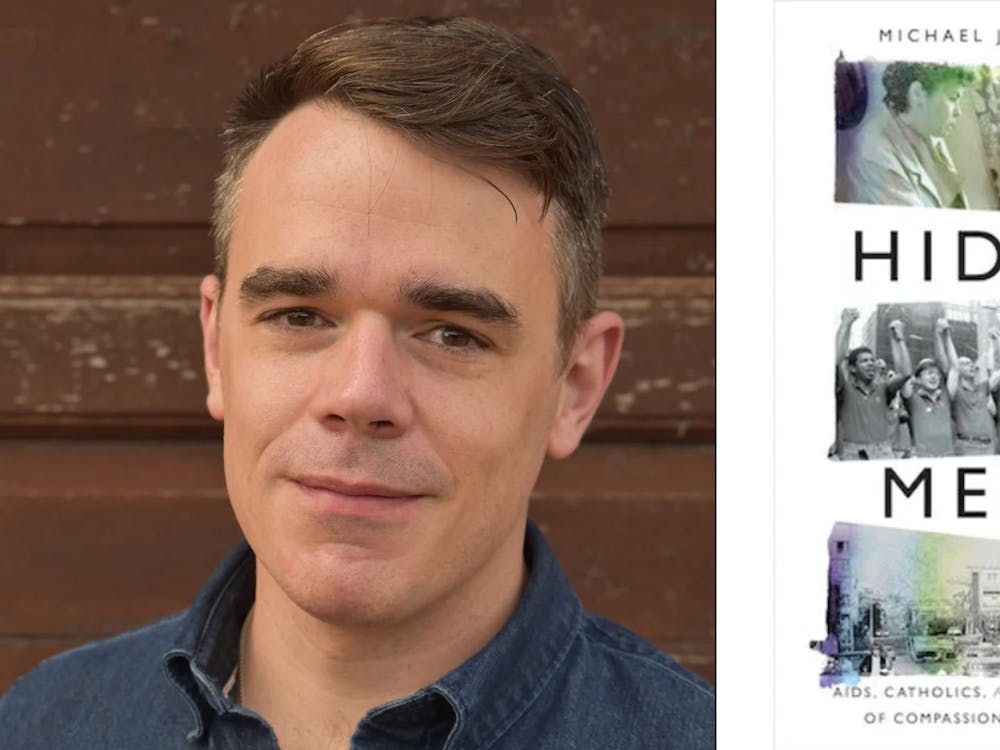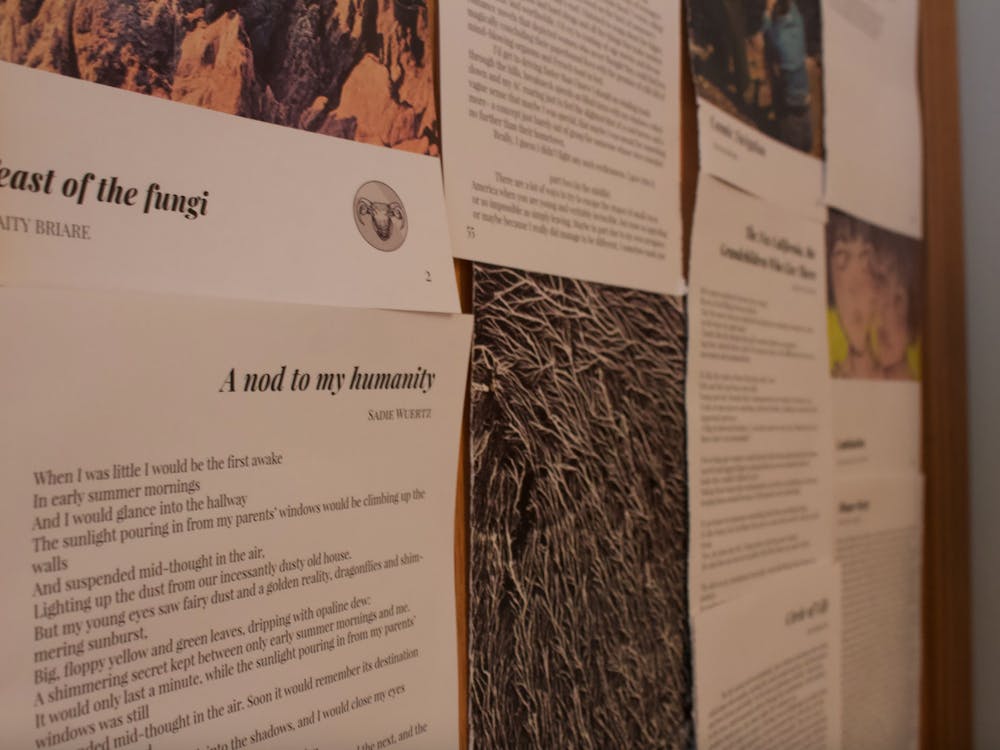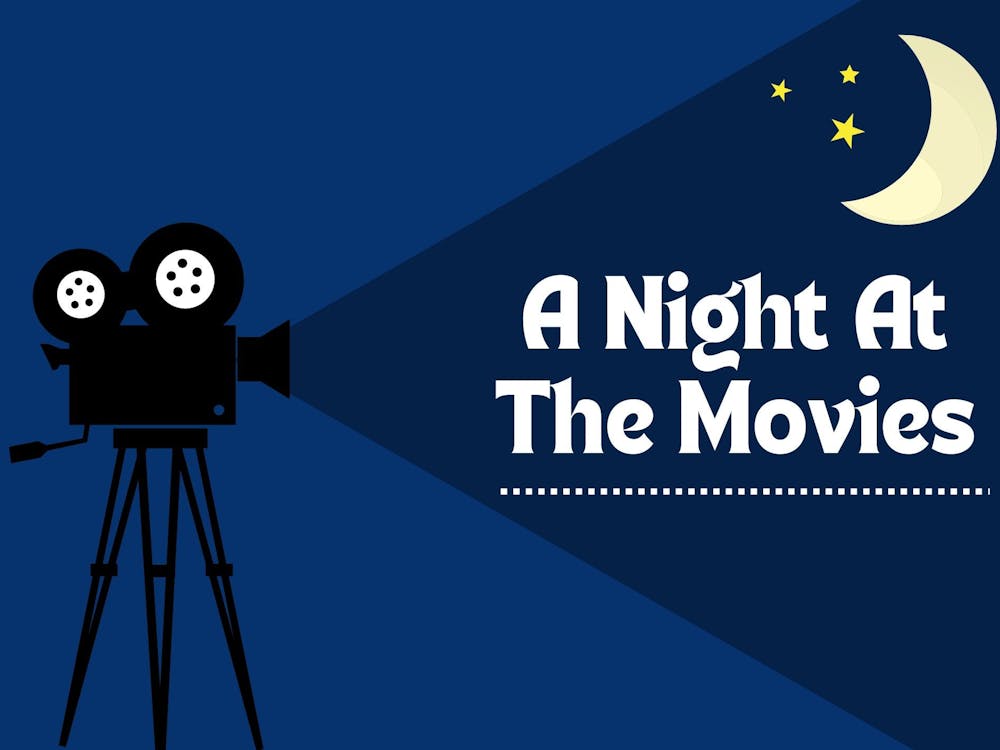When Rebecca Makkai was starting her third commercial novel in a remote artist residency in Wyoming, her husband told her it was following the same plot as the movie “Titanic.” Scrapping her previous ideas and looking for a new creative direction, Makkai was evoked by the passage of time that inspired prolific authors such as F. Scott Fitzgerald that ultimately landed her in one place: 1980s Chicago in the midst of the AIDs epidemic.
After years of research and conceptualizing her ideas, “The Great Believers” was born. Makkai’s novel was a finalist for the Pulitzer Prize and the National Book Award and awarded the ALA Carnegie Medal and the LA Times Book Prize.
“The Great Believers” tells the story of a young man named Yale Tishman and his experience of losing his friends one by one to the growing AIDs epidemic at the time the novel takes place. It explores the intertwining stories of those that survived and those that were left behind in the midst of it all.
Chosen as the ninth annual ReadUP book, Makkai visited the UP community on March 16 in the Buckley Center Auditorium to discuss the creation of her novel, the inspiration behind the characters and the journey of understanding a forgotten history.
Below is a selection of quotes from the discussion.
On what inspired her to write “The Great Believers”
“I found this quote from F. Scott Fitzgerald from this random posthumous essay that became the title and the epigraph of the book, suddenly there was ‘the great believers.’ He's talking about his generation and talking about the naivete of optimism they felt going into World War I. The parallels between that generation of this young group of men who WWI and WWII just decimated and the parallels between the AIDs generation in Chicago were starting to strike me really hard. I knew I had something there, even though my original plot had been completely lost.
“By the time I started to write, this was a book much more about the AIDs epidemic generation. This was the world when I was a kid. I became aware of the world as the world was becoming aware of AIDs. When I talk to other people, right around exactly my age they, not always, but very often have a similar experience. We saw and understood it as the biggest thing going on in the world. As an adult, I have a lot of friends and communities affected by this. I have friends with HIV. This has become much more personal in recent years to me.”
On researching about the AIDs epidemic in Chicago
“When I realized the extent to which this was going to be about the AIDS epidemic, even when I thought it was going to be a little bit, I realized I needed to do a mountain of research. This is important to me because I'm writing about living history.
“What I wasn’t prepared for was for them to have literally no books about AIDs in America's third largest city. It's not that they just weren't there at the library. This is five years of searching; they just did not exist. So my next step, I found out that the Harold Washington library had a back issue of a gay weekly newspaper called the Windy City Times. The Windy City happened to start publishing in the fall of ‘85.
“I was able to read letters to the editor. You know The Chicago Tribune was running one or two articles about AIDs, here The Windy City Times was running up to five every issue. So, this was an incredible education. There was a lot that I learned just from that, but I still knew that this was only one level of research. The main thing that I needed to do was find actual people to talk to.”
On meeting with people that lived during the AIDs epidemic in Chicago
“We started out just on Facebook, putting out a post. I'll buy them lunch, dinner, drinks, and we'll talk. I don't need characters. I don't need a storyline. I'm not gonna write about that person and our friends, but I need details. I met with absolutely everyone I could and at the end of every conversation, I would ask ‘Who are the next three people you think I should talk to?’ So you know, it took a little while, but not too long.
“I was really in the inner circle and in touch with the inner circle of AIDS activists from the ‘80s in Chicago. I ended up talking to doctors, nurses, the art therapists from the AIDS unit, people who've been living with HIV, people who had lost loved ones and people who had contracted HIV. Later it was activists, historians, journalists, legal advocates, absolutely everything that I could find.
“I was talking with a guy who had been a legal advocate. So, he was the guy who’d go into hospital rooms and be running negotiations between a patient's family and their partner in the hospital. For instance, he would be helping people figure out how to not lose their health insurance. He was incredibly detail oriented.”
To learn more about “The Great Believers,” you can click here for the full discussion.
Kimberly Cortez is the Community Engagement Editor for The Beacon. She can be reached at cortez25@up.edu.








